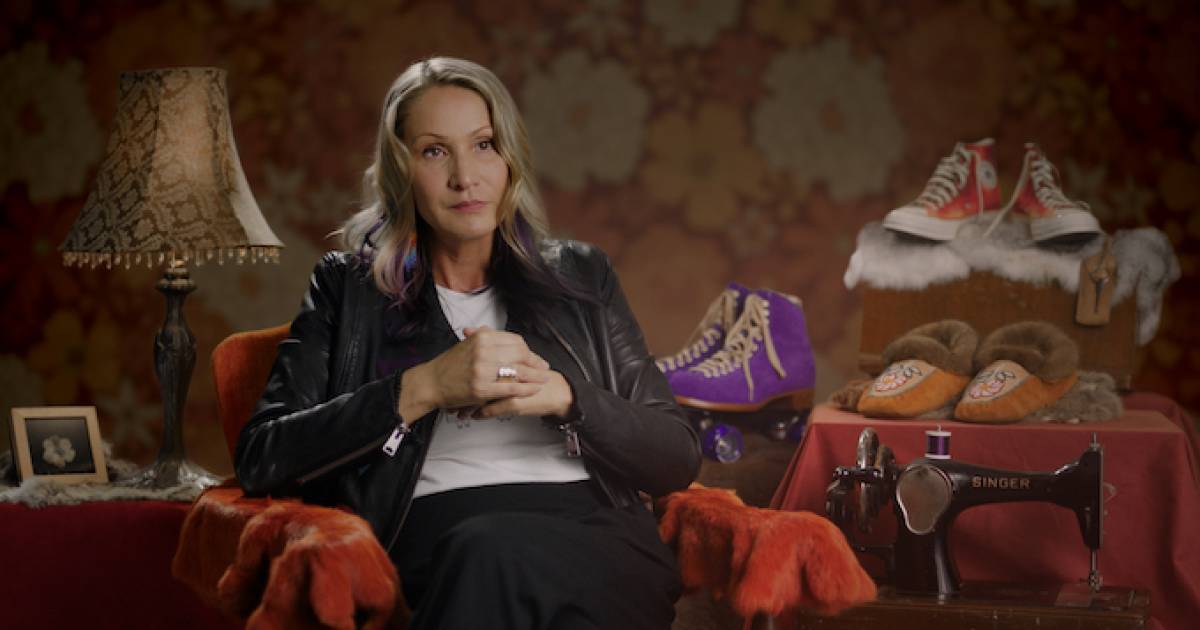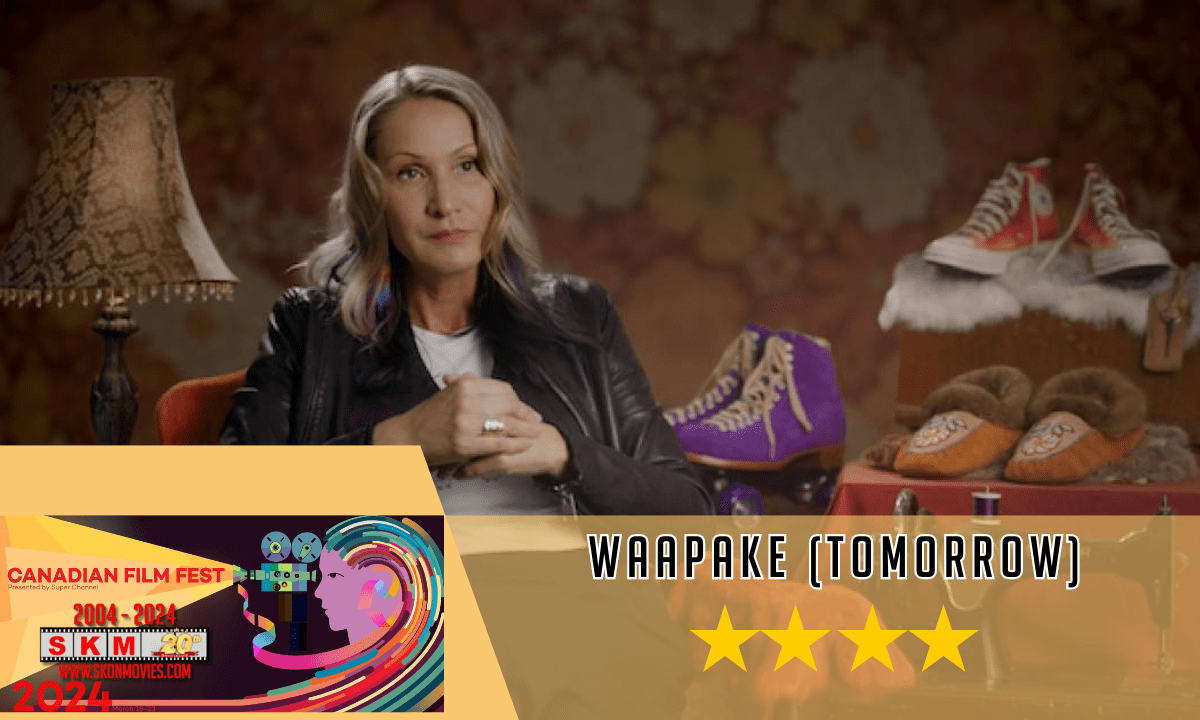WaaPaKe (Tomorrow) – Canadian Film Fest 2024
Subscribe to MGM+ on Prime Video

March 18 to March 23, 2024
Content Advisory: Rape and Sexual Assault, Child abuse/pedophilia, Death/harm to Child, Suicide, Needles or drug addiction, Substance abuse or alcoholism, Racism
FILM FESTIVAL
Canadian Film Fest
Canadian Film Fest 2024
A family copes with the generational trauma of being residential school survivors in WaaPaKe (Tomorrow). Dr. Jules Arita Koostachin is a member of the Attawapiskat First Nation, whose mother Rita is a residential school survivor. Jules interviews Rita and her eldest son Asivak, along with Joseph of the Kwantlen First Nation and Maisie of the Champagne and Aishihik First Nations. All the subjects talk about how their relationships with residential school survivors have affected them.
WaaPaKe (Tomorrow) Synopsis
WaaPaKe (Tomorrow) is a deeply personal documentary directed by Jules Arita Koostachin, who turns the camera on her family, as dealing with the generational trauma of being in residential schools. The subjects are shot against an ever-changing green screen backdrop as they tell harrowing stories of sexual abuse, substance issues, and suicide attempts. The context of the documentary changes with the 2021 discovery of 215 unmarked graves at the very residential school attended by Rita, resulting in Jules having to turn the camera onto herself.

My Thoughts on WaaPaKe (Tomorrow)
WaaPaKe (Tomorrow) covers a very dark period in Canada’s history, which has yet to be fully reconciled. For every step forward, such as a 2008 statement by Prime Minster Stephen Harper, meant to kickstart reconciliation with the First Nations, there are major steps back, such as the discovery of mass graves at residential schools that were run by the Catholic Church. While many of the stories told in WaaPaKe (Tomorrow) are hard to listen to, this film is an important step forward, as we attempt to move past this traumatic event that has affected generations of First Nations.


 Get ready for a vibrant and fun-filled painting experience with Splatter Painting in Toronto!
Get ready for a vibrant and fun-filled painting experience with Splatter Painting in Toronto!  Unleash your creativity with an energetic splatter painting session
Unleash your creativity with an energetic splatter painting session 